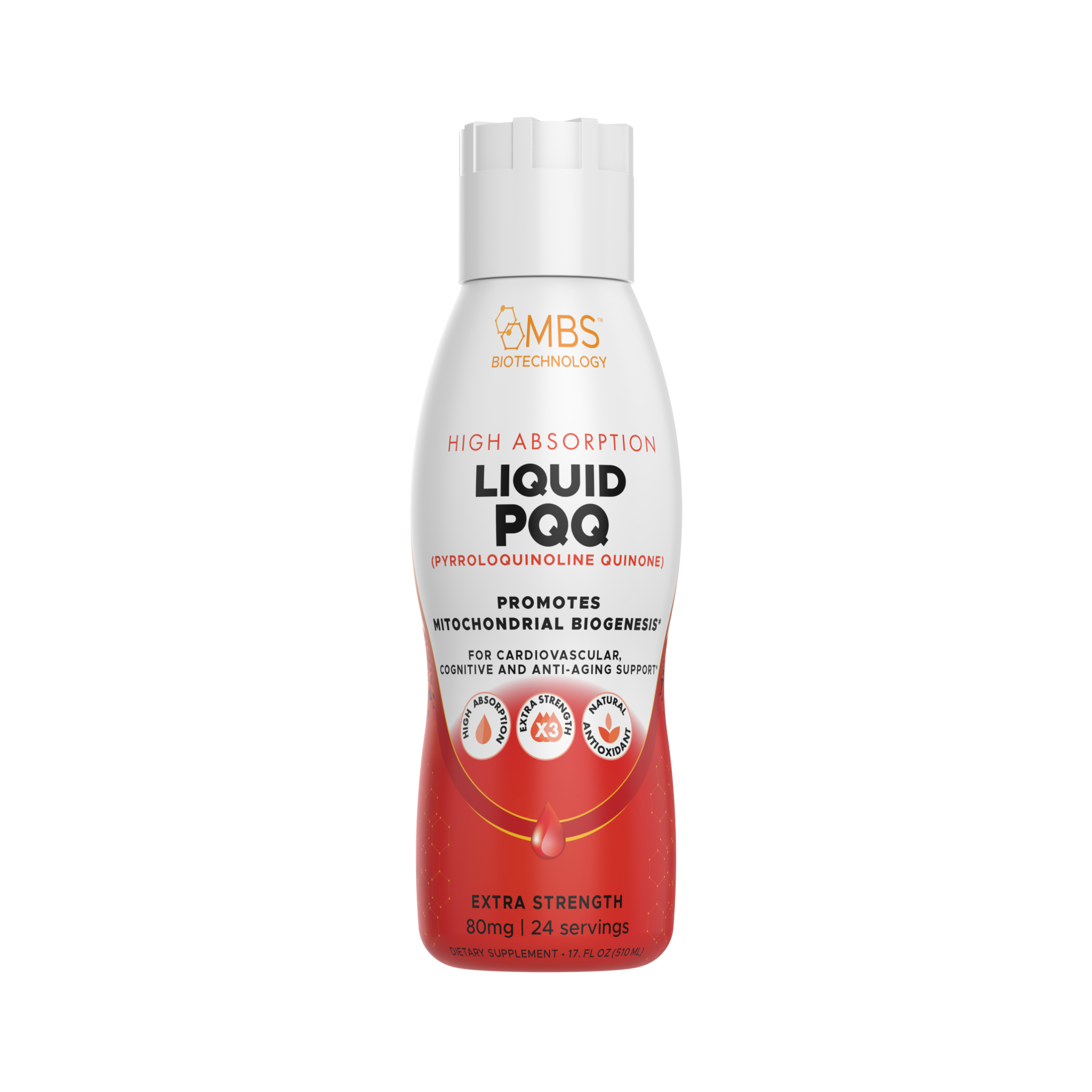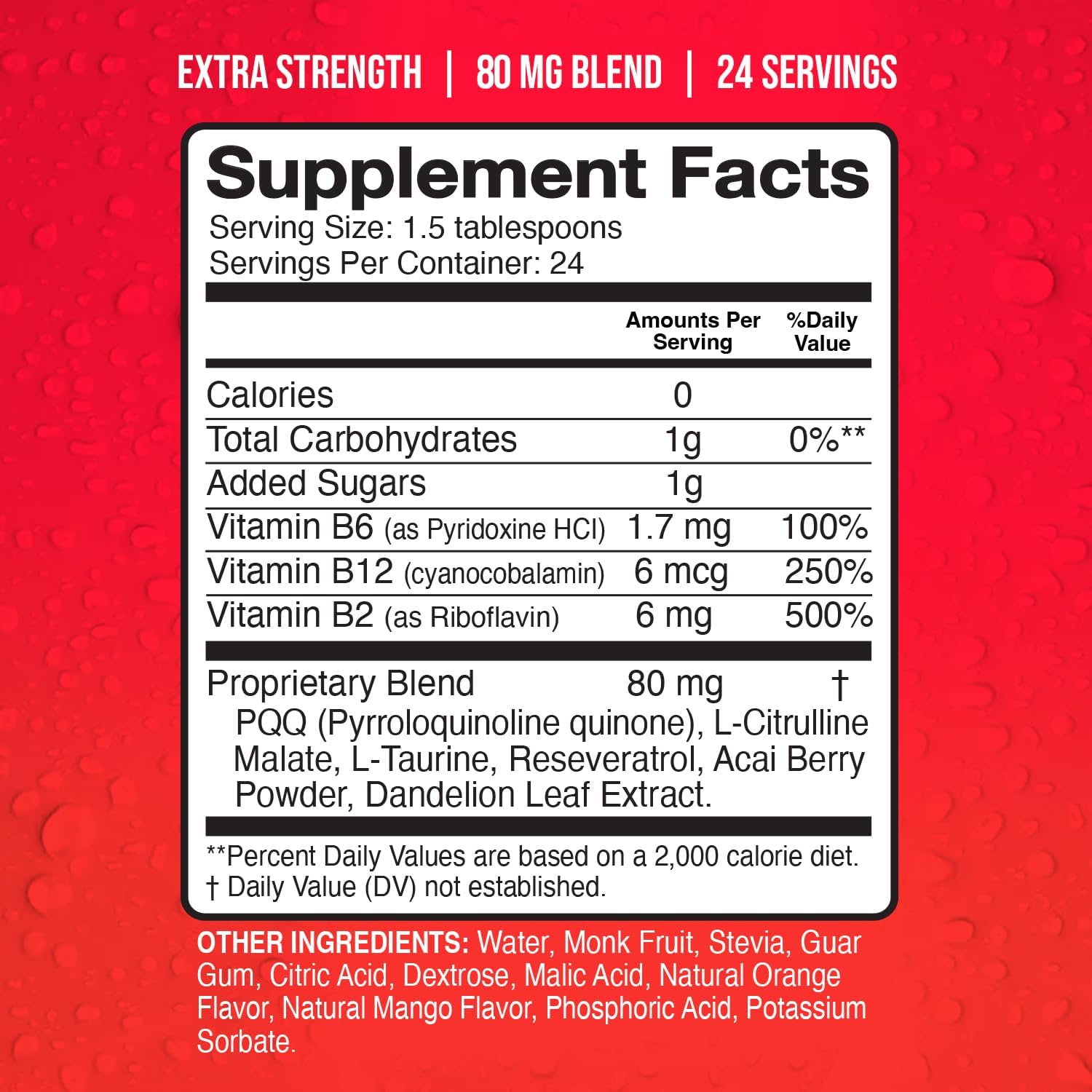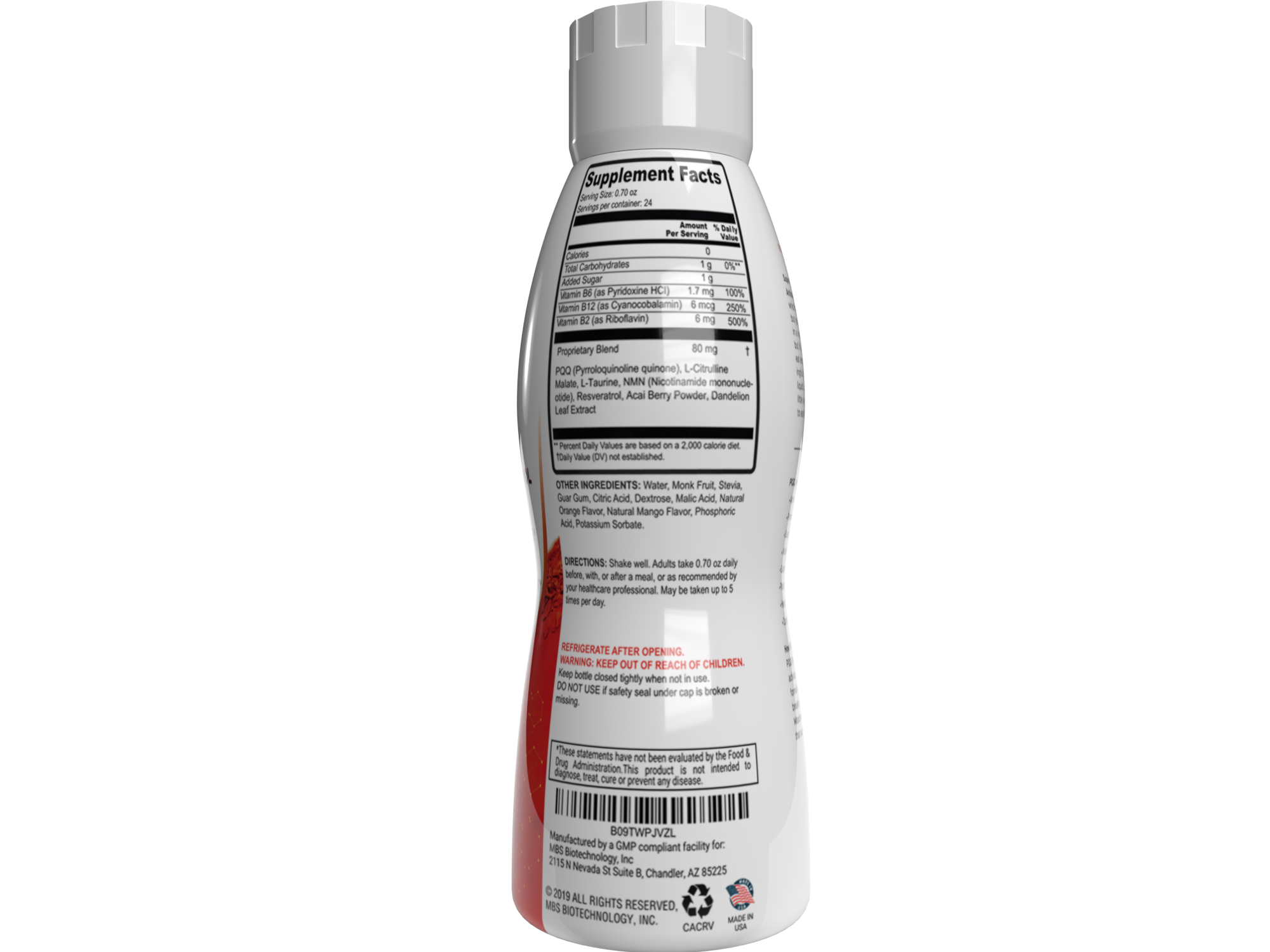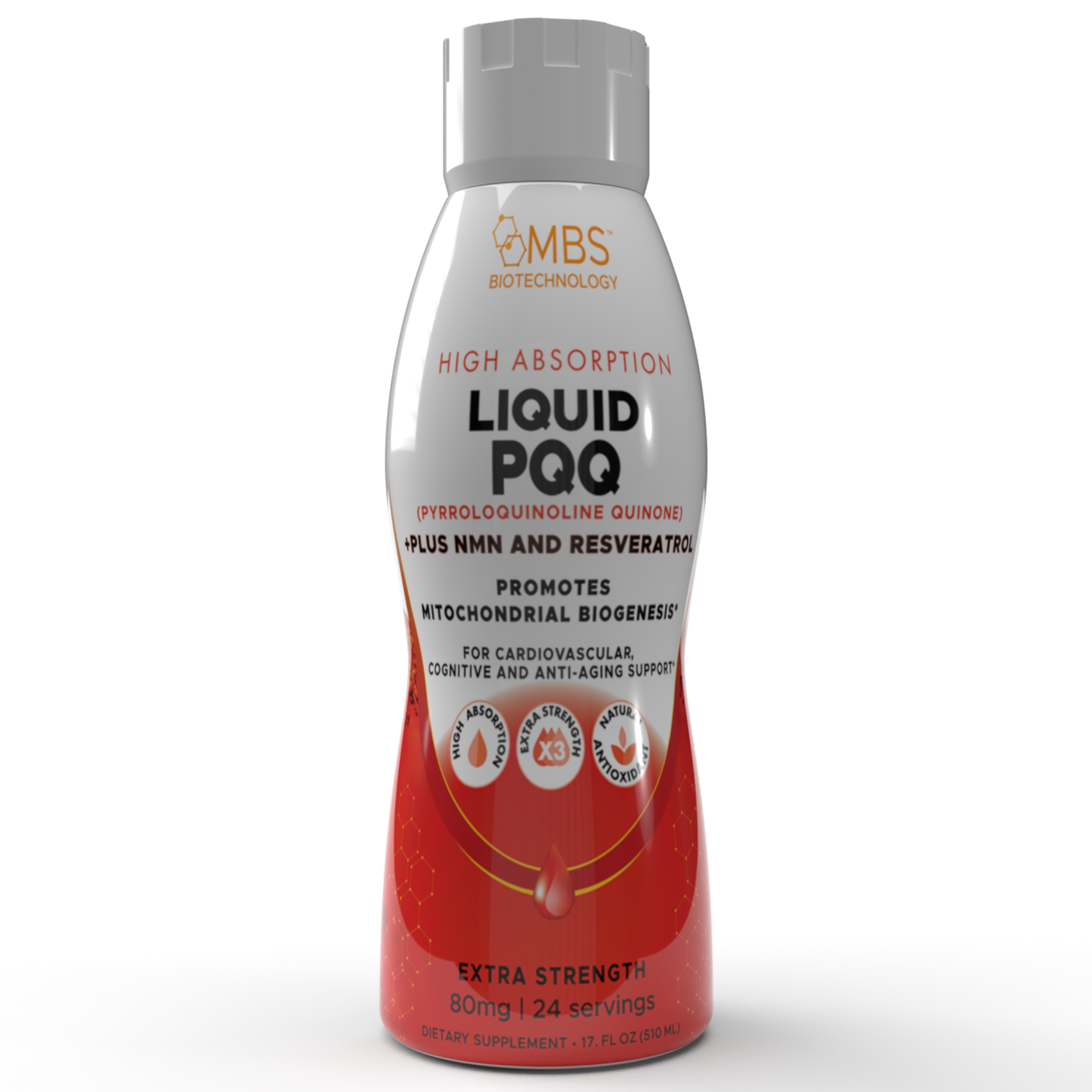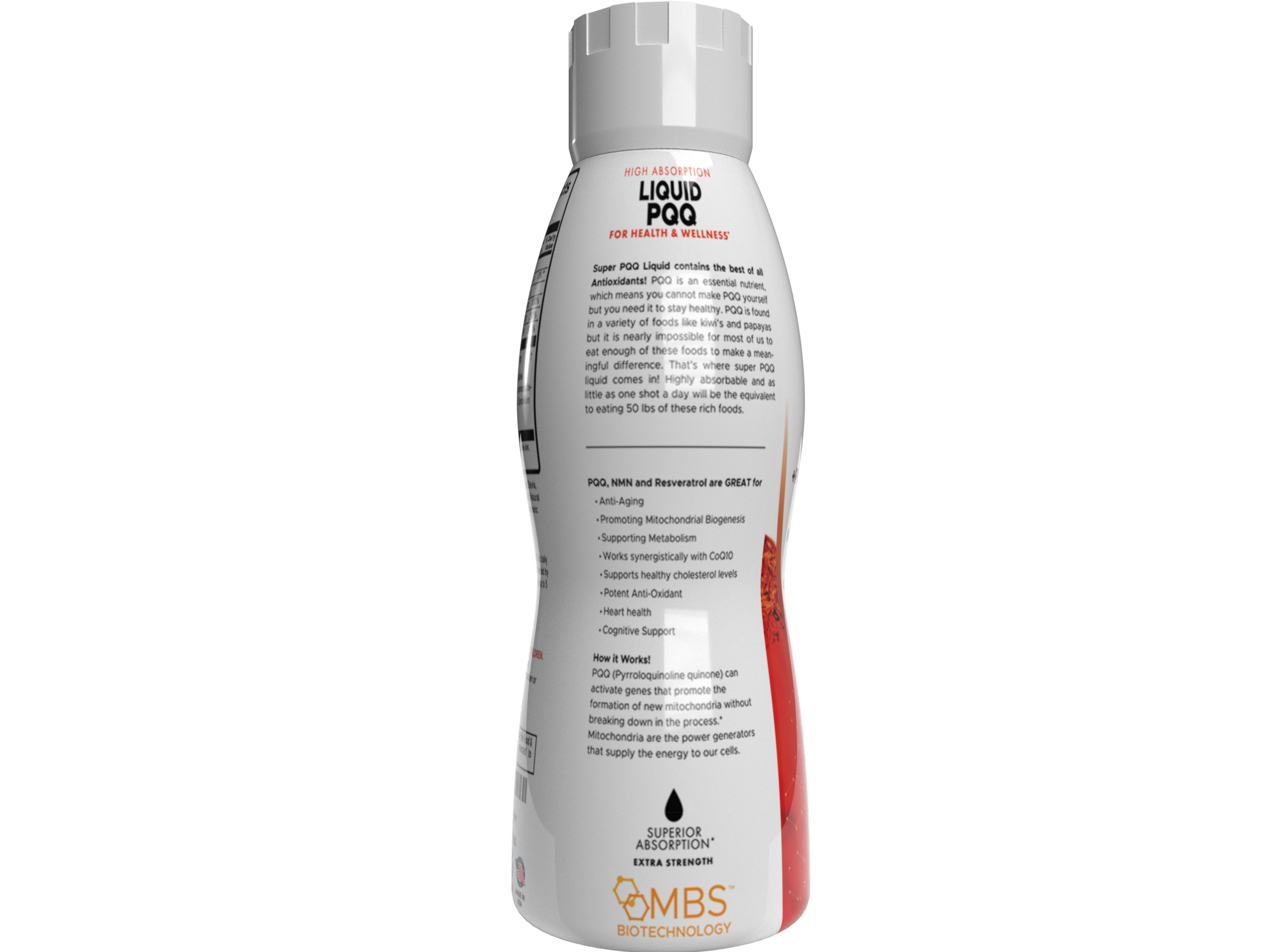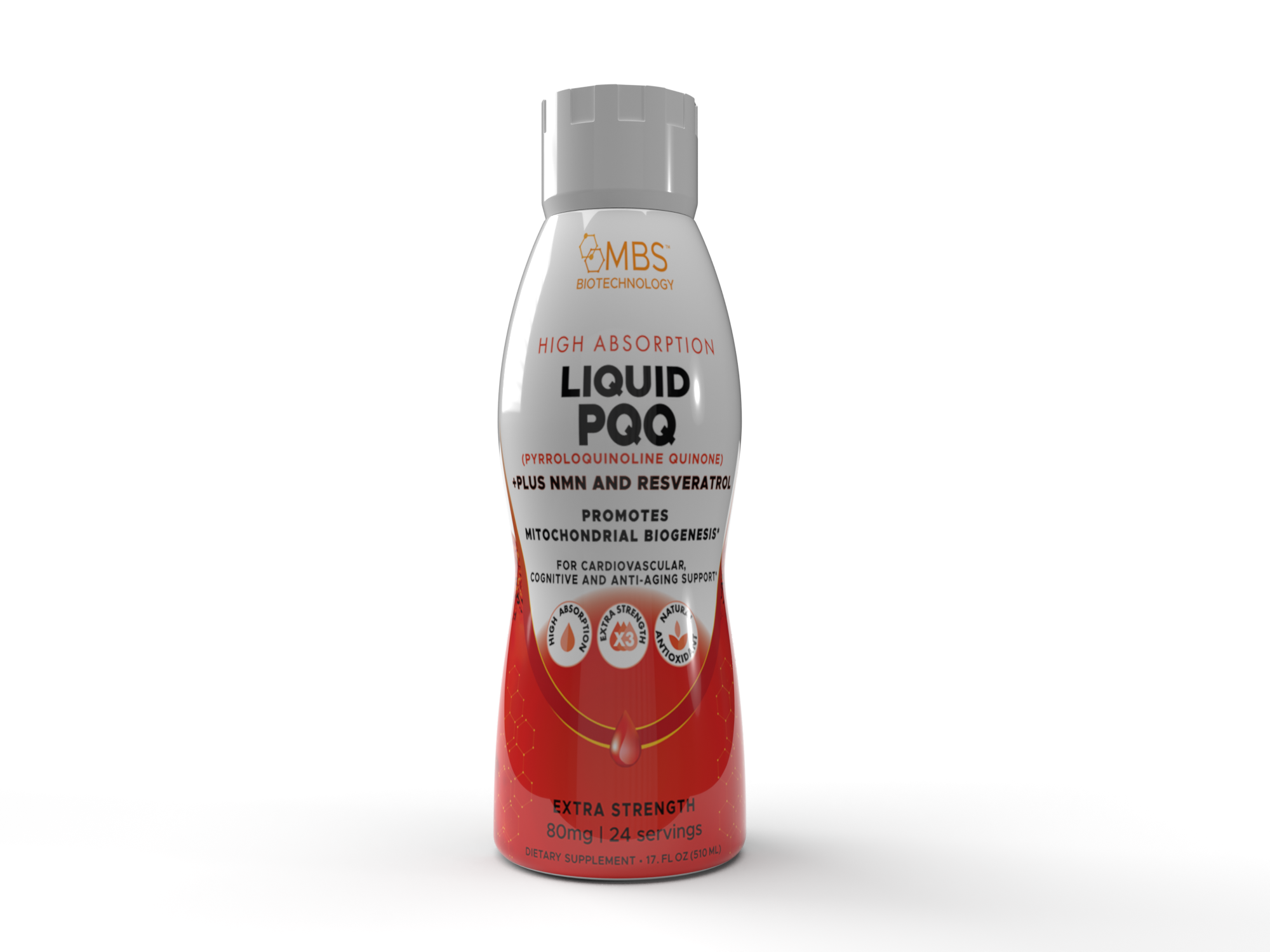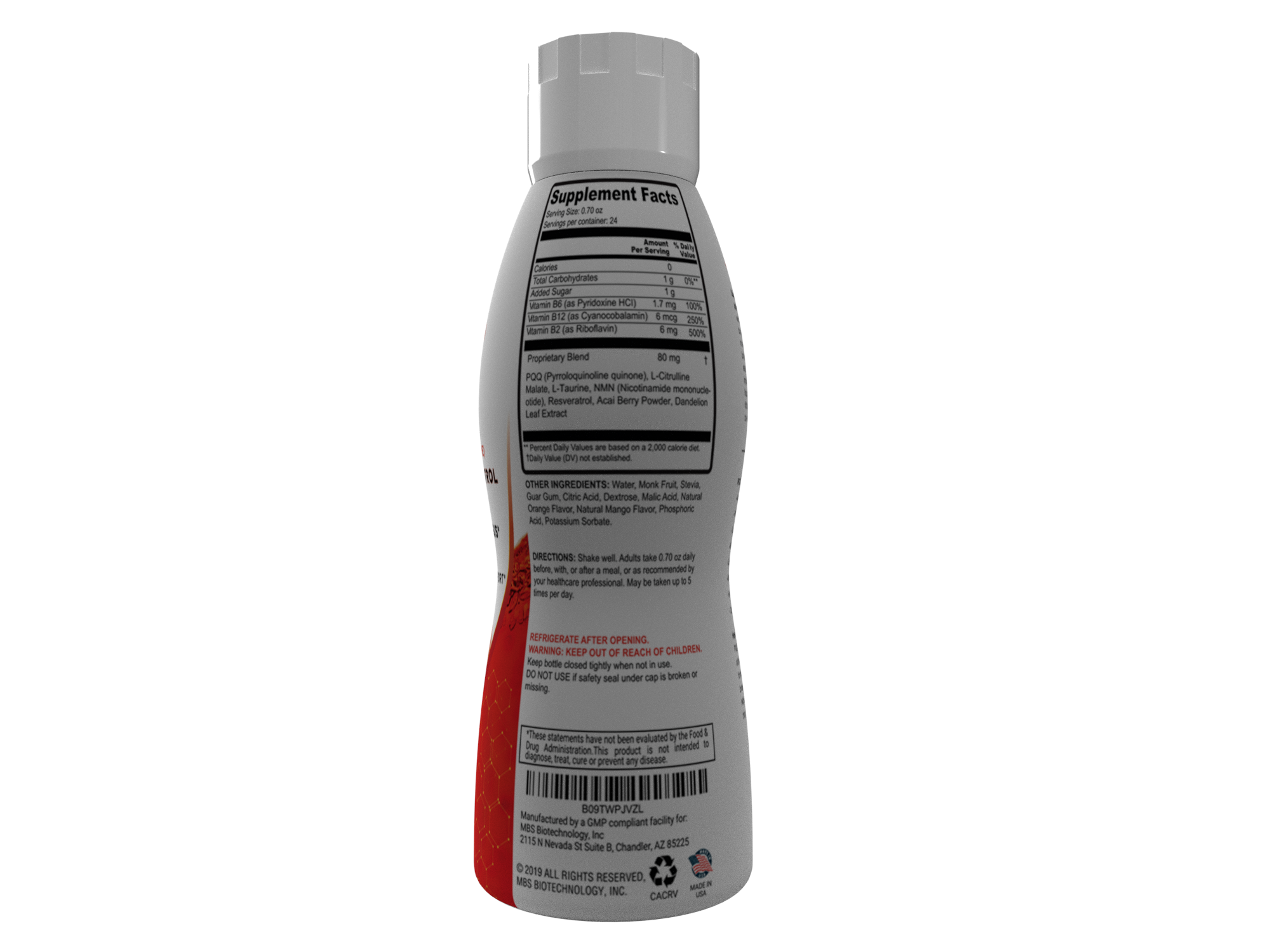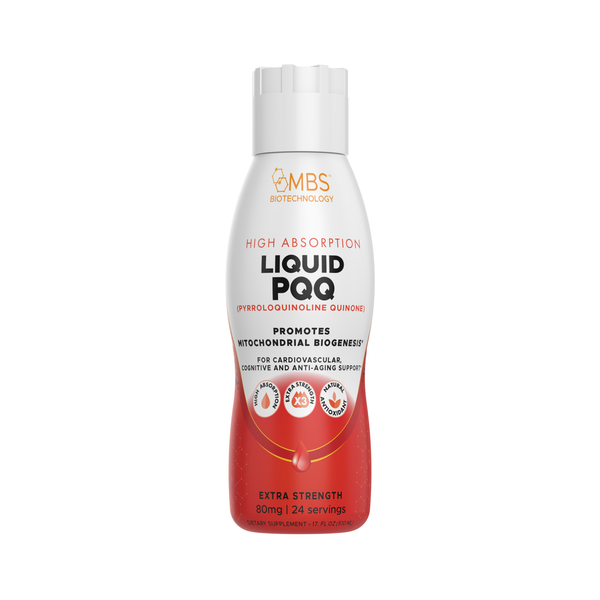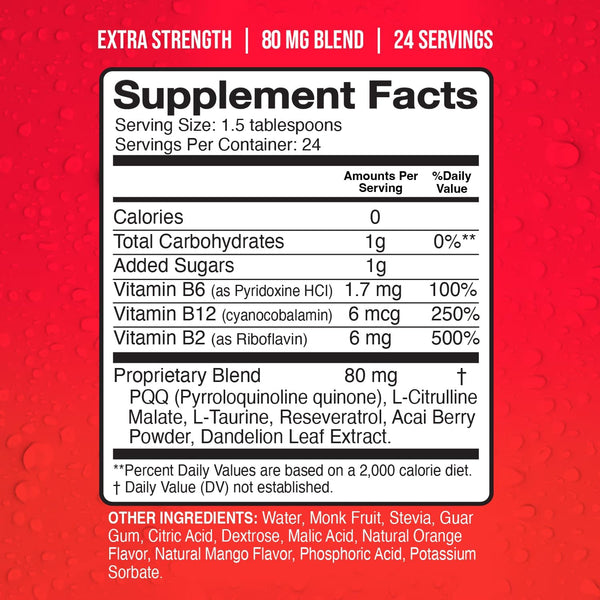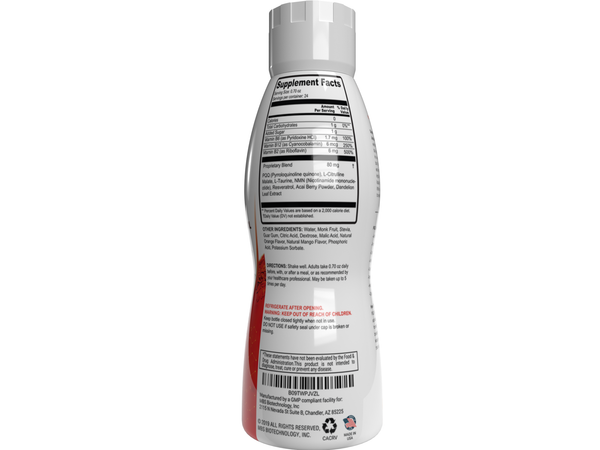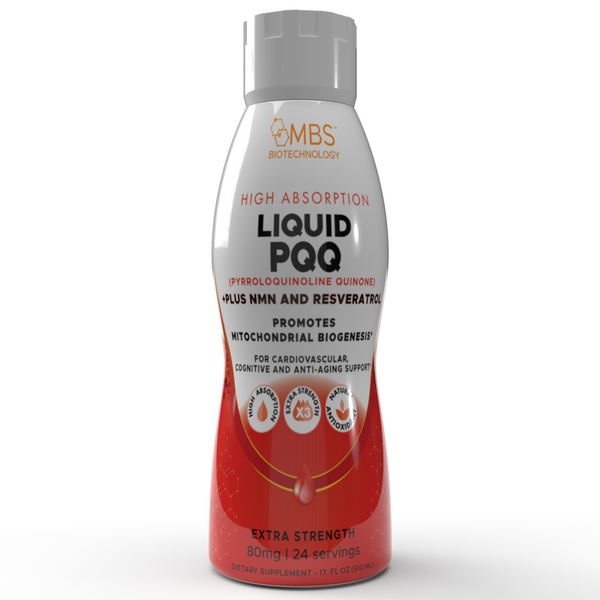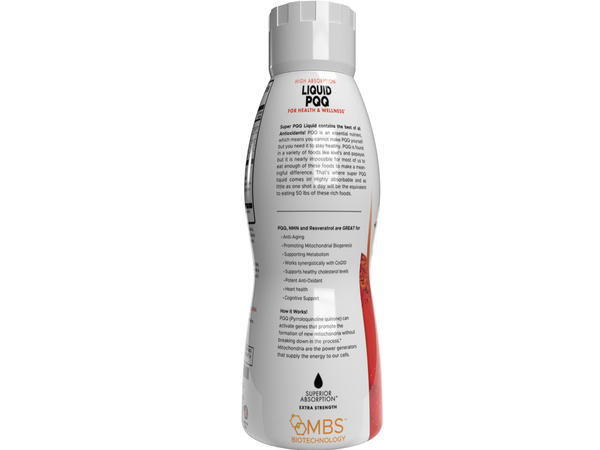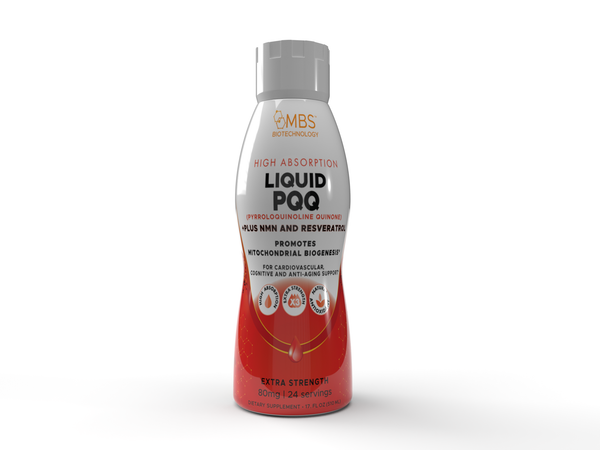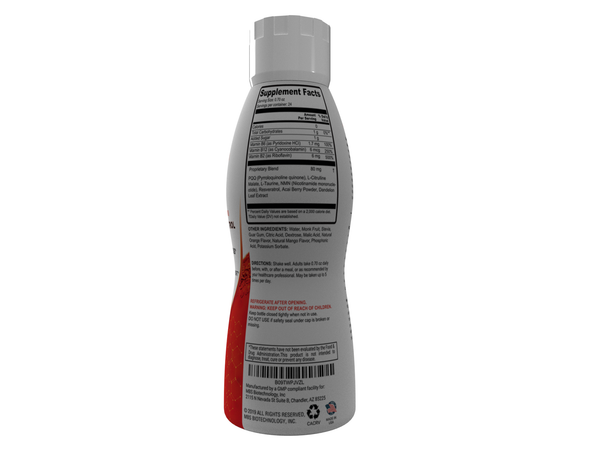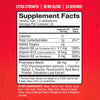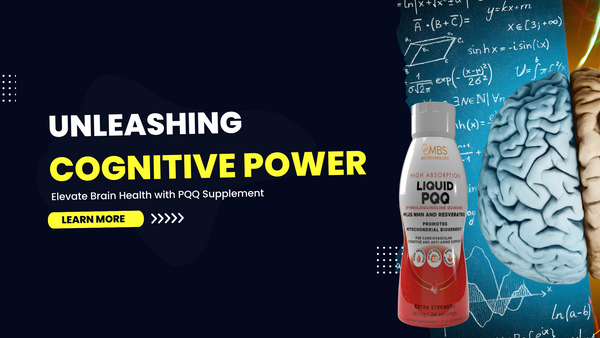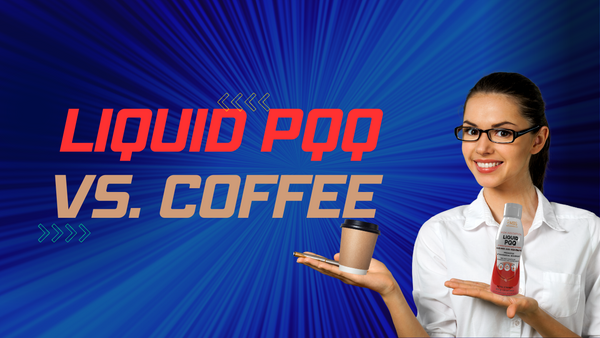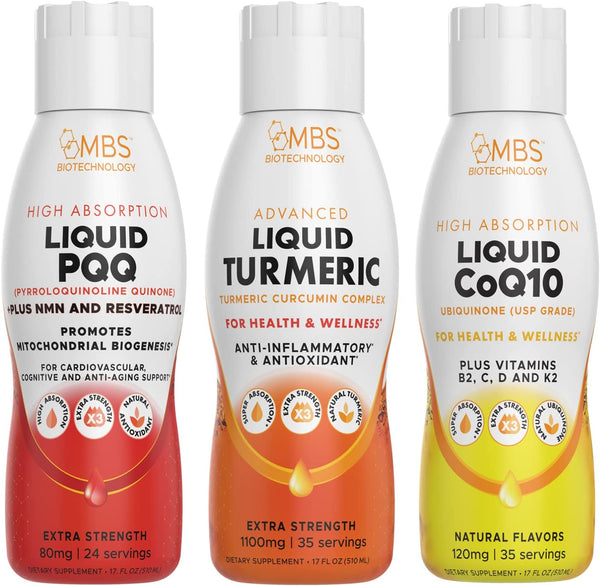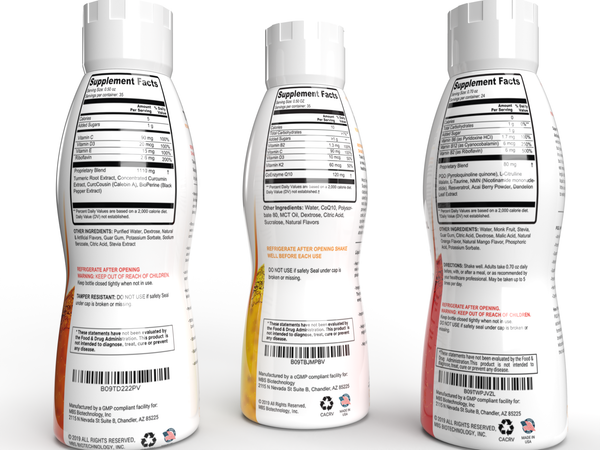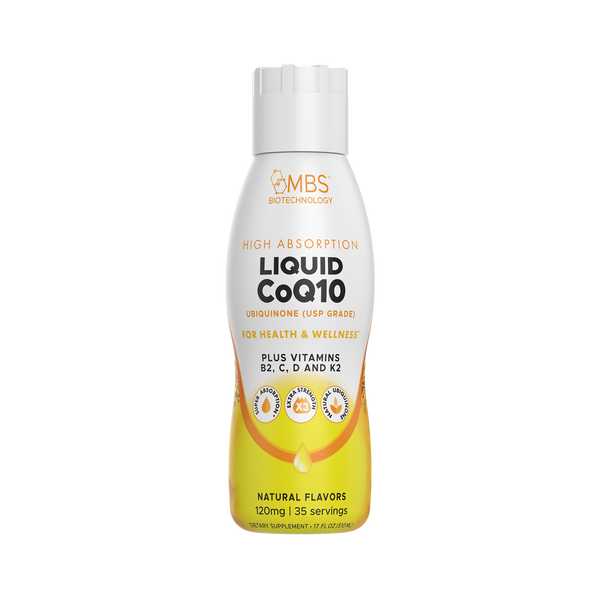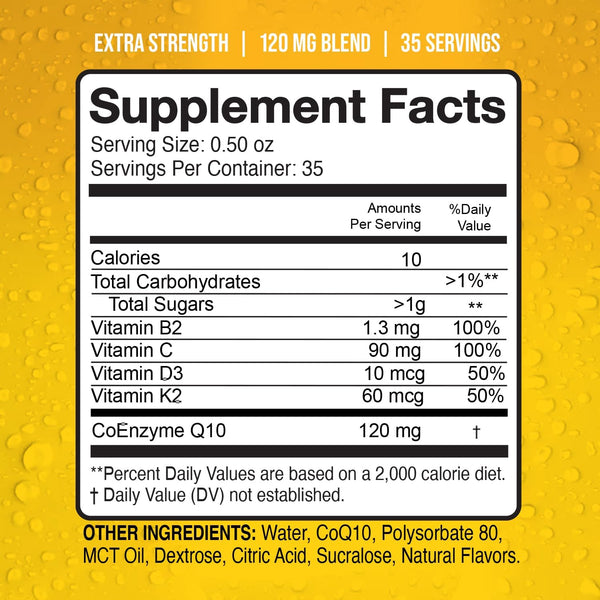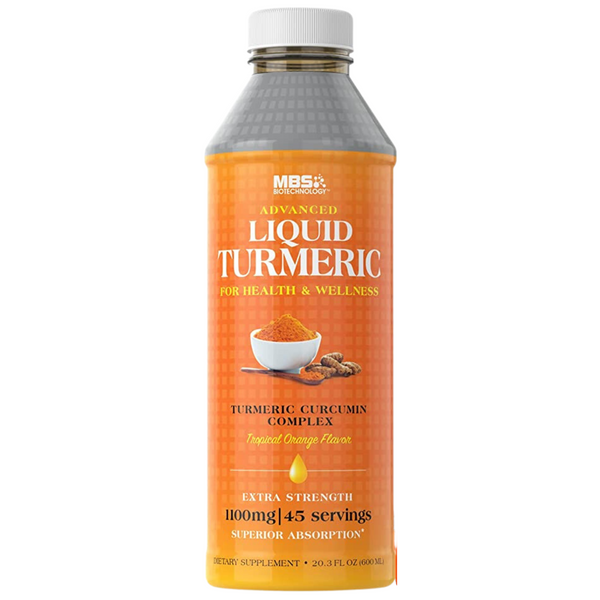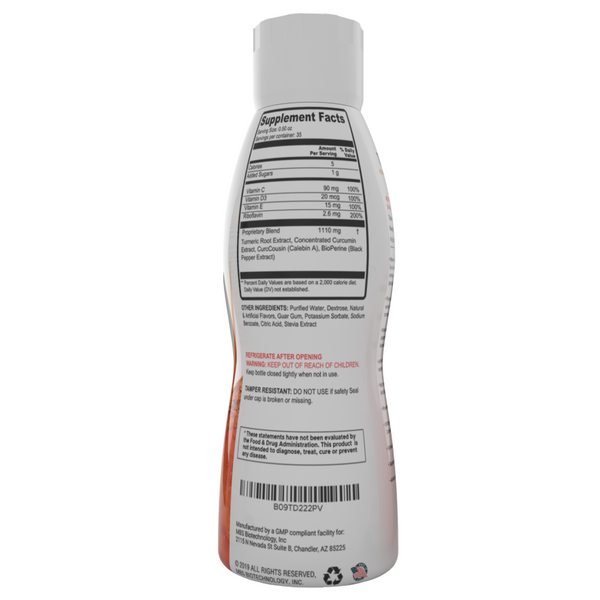
The Science Behind PQQ: Understanding its Role in the Body
PQQ, or pyrroloquinoline quinone, is a nutrient that plays a vital role in the body's cellular energy production. It has been linked to a range of health benefits, including improved cognitive function, increased energy levels, and reduced inflammation. In this guide, we'll explore the science behind PQQ and its potential benefits for overall health and well-being.
What is PQQ?
PQQ, or pyrroloquinoline quinone, is a redox cofactor that is involved in cellular energy production. It is found in a variety of foods, including fermented soybeans, parsley, and green peppers. PQQ is also produced naturally in the body, but levels can decline with age. Research has shown that PQQ may have a range of health benefits, including improved cognitive function, increased energy levels, and reduced inflammation.
PQQ is a relatively new discovery in the world of nutrition and health, but it has already gained a lot of attention for its potential benefits. Studies have shown that PQQ can help to improve cognitive function, including memory and attention span. It may also help to increase energy levels and reduce fatigue, making it a popular supplement among athletes and fitness enthusiasts. Additionally, PQQ has been shown to have antioxidant properties, which can help to reduce inflammation and protect against cellular damage. While more research is needed to fully understand the benefits of PQQ, it is clear that this compound has a lot of potential for improving overall health and wellbeing.
How does PQQ work in the body?
PQQ works in the body by interacting with mitochondria, the powerhouses of our cells. It helps to stimulate the growth of new mitochondria and improve their function, leading to increased energy production. PQQ also acts as an antioxidant, protecting cells from damage caused by free radicals. Additionally, PQQ has been shown to have neuroprotective effects, improving cognitive function and reducing the risk of neurodegenerative diseases. Overall, PQQ plays an important role in maintaining optimal health and wellness.
PQQ, or pyrroloquinoline quinone, is a compound that has been gaining attention for its potential health benefits. It works by interacting with mitochondria, the tiny structures within our cells that produce energy. PQQ has been shown to stimulate the growth of new mitochondria and improve their function, leading to increased energy production. This can be particularly beneficial for athletes or anyone looking to improve their physical performance. PQQ also acts as an antioxidant, protecting cells from damage caused by free radicals. This can help to reduce inflammation and lower the risk of chronic diseases such as heart disease and cancer. Additionally, PQQ has been shown to have neuroprotective effects, improving cognitive function and reducing the risk of neurodegenerative diseases such as Alzheimer's and Parkinson's. Overall, PQQ is a powerful compound that plays an important role in maintaining optimal health and wellness.
Where can you find PQQ in your diet?
PQQ is found in a variety of foods, including parsley, green peppers, kiwi fruit, papaya, and tofu. However, the amount of PQQ in these foods is relatively small, and it may be difficult to consume enough to achieve the potential health benefits. This is why many people choose to supplement with PQQ to ensure they are getting an adequate amount.
PQQ, or pyrroloquinoline quinone, is a compound that has been shown to have potential health benefits, including improved cognitive function and energy production. While PQQ is found in a variety of foods, including parsley, green peppers, kiwi fruit, papaya, and tofu, the amount of PQQ in these foods is relatively small. To ensure you are getting an adequate amount of PQQ, many people choose to supplement with PQQ. However, it is important to speak with a healthcare professional before starting any new supplement regimen.

